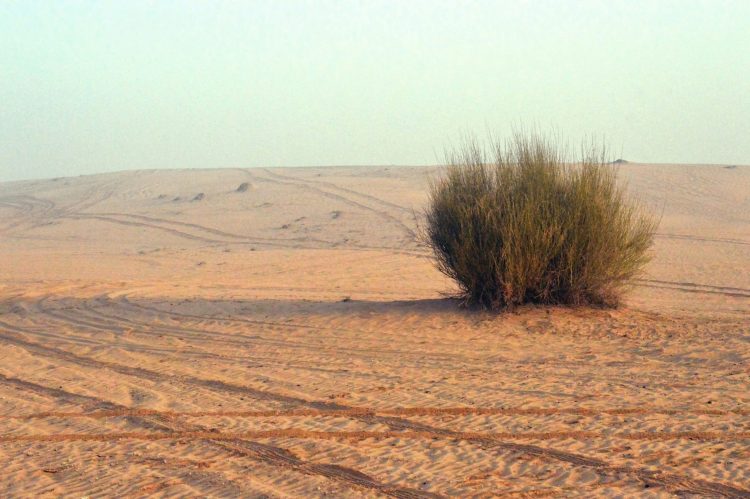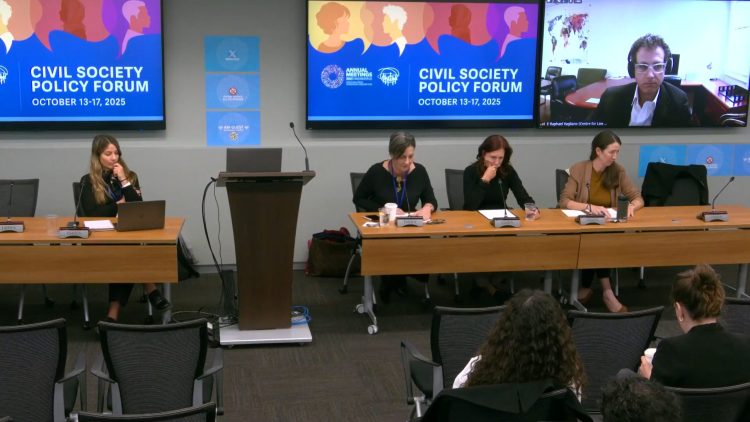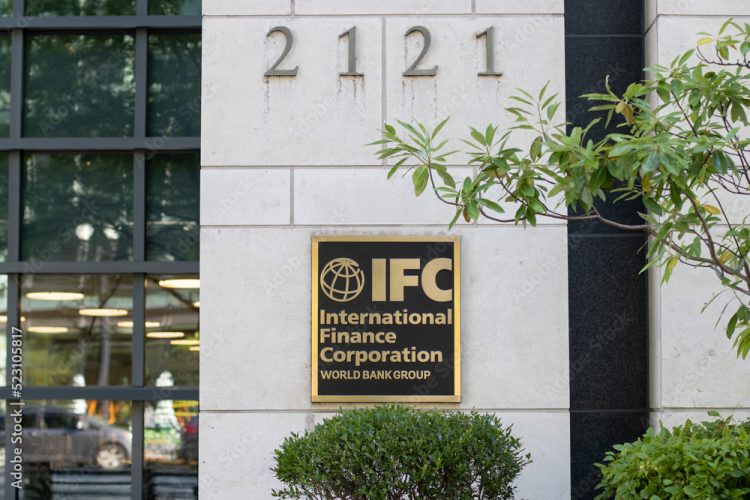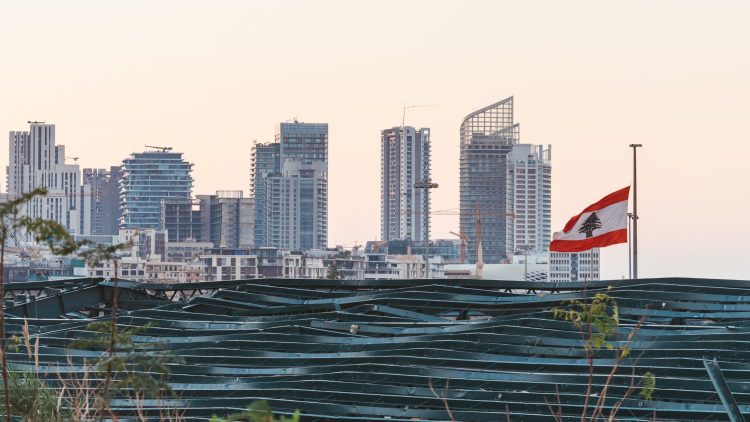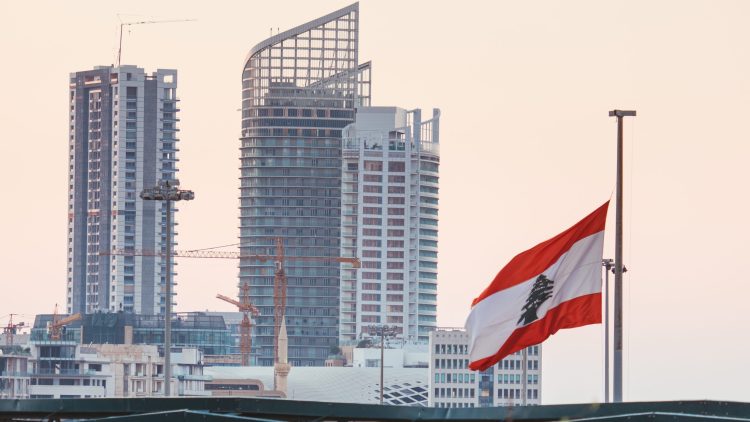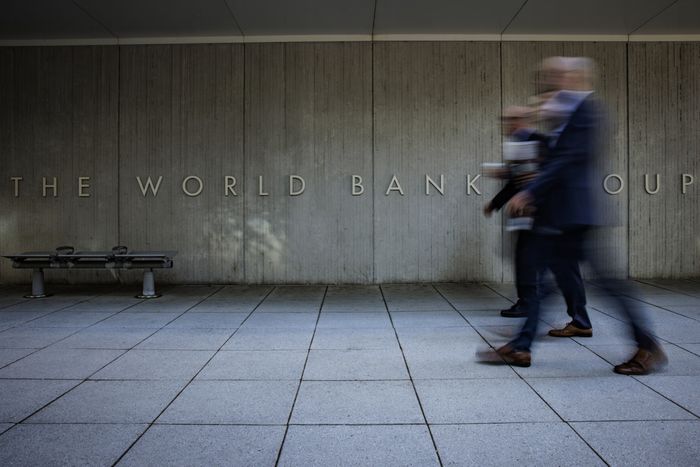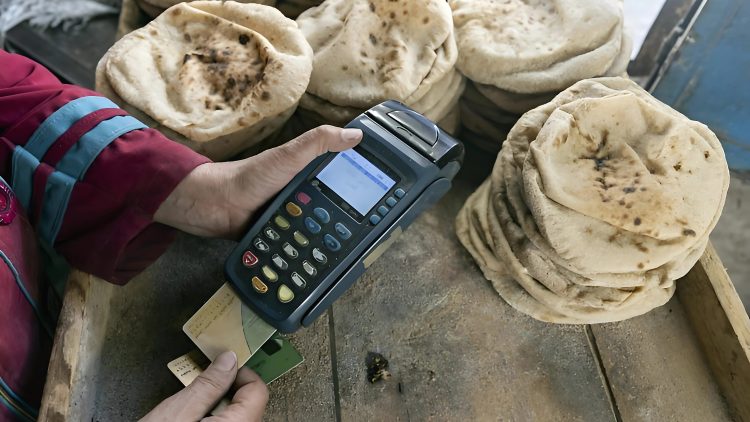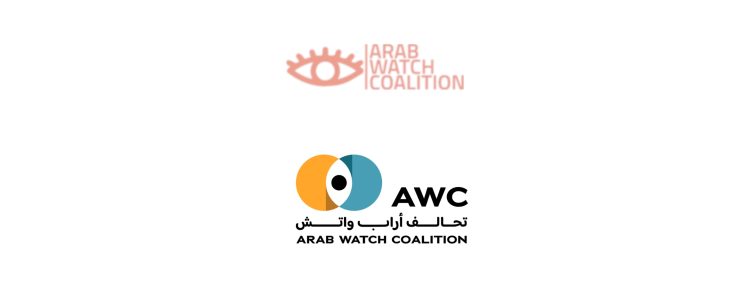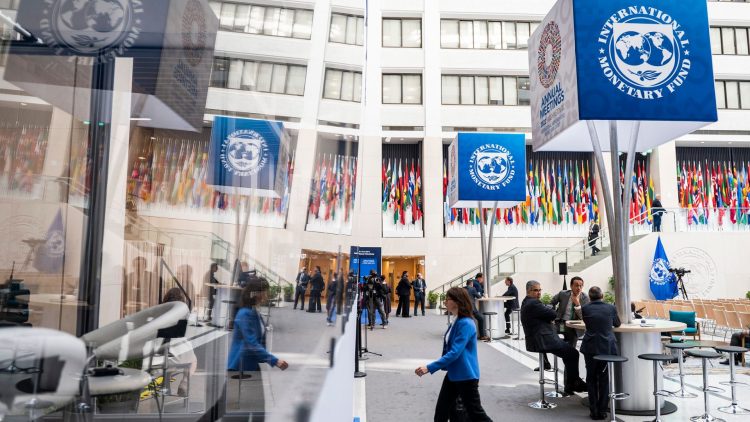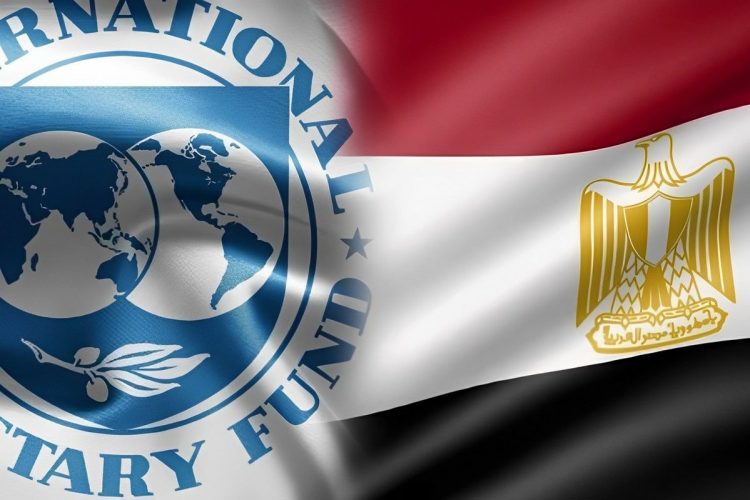International Finance Institutions (IFIs), such as the World Bank, the International Monetary Fund (IMF), and regional development banks, provide significant loans and grants for infrastructure projects like dams, power plants, roads, and agricultural initiatives. Historically, many of these projects have been criticized for their negative environmental and social consequences.
To address these concerns, IFIs have developed Environmental and Social Safeguards. The World Bank’s Environmental and Social Framework (ESF) is a key example, setting mandatory requirements for borrowers to identify and manage environmental and social risks in projects. However, critics argue that these safeguards are often poorly enforced or do not go far enough to protect vulnerable communities and ecosystems.
In recent years, the accelerating and wide-ranging impacts of climate change have compelled international financial institutions (IFIs) to integrate climate considerations into their policies and investments worldwide.IFIs are central to climate finance, funding both mitigation—renewables and energy efficiency—and adaptation—climate-resilient infrastructure, agriculture, and disaster preparedness. . They are positioned to play an especially influential role, through their funding to policies, programs and projects, to the shift away from fossil fuel and the transition to clean energy. However, critics argue that this shift should be just and equitable to ensure that marginalized groups are not left behind, or pay the hefty price for the shift.
The Arab region is one of the most impacted regions in the world by climate change . The impacts of climate change are manifested in scarcity of water resources, longer drier seasons, sea-level rise, hotter and longer heatwaves, and more frequent dust and sand storms. On average, water availability in the region per capita is only 1,200 cubic meters, around six times less than the worldwide average of 7,000 cubic meters. This in turn affects agriculture and food security in the region.
International financial institutions (IFIs) such as the World Bank are playing an increasingly influential role in shaping how countries in the region respond to climate and environmental challenges. Beyond supporting sustainable agriculture, they are financing large renewable energy projects, from solar parks to wind farms, and are helping expand access to electricity in underserved areas. They also provide policy advice that directly shapes national strategies on energy, environment, and climate change.
Yet while these investments can bring clear benefits—cleaner energy, new jobs, and improved infrastructure—they also raise difficult questions of equity and justice. In some cases, the electricity generated by large-scale renewable projects has flowed mainly to industries or wealthier urban centers, while vulnerable rural communities remain without reliable power. Financing for mining the “transition minerals” used in renewable technologies has also been linked to ecological damage and human rights concerns. Critics argue that IFIs, through their financial leverage and policy influence, often push countries toward development paths that prioritize big projects and export markets, while the costs—displacement, environmental harm, or exclusion from benefits—are borne disproportionately by the most marginalized.
This tension lies at the core of the current debate: IFI-backed climate and energy initiatives can drive urgently needed change, but the key question remains—who truly benefits, and who ends up paying the price?
These are the kind of questions our work is trying to answer.
The challenges we face are complex, but our commitment is unwavering. We invite you to explore our work, read our reports, and get involved. Your support can help us continue our vital mission of building a more sustainable and food-secure future for the Arab region.


